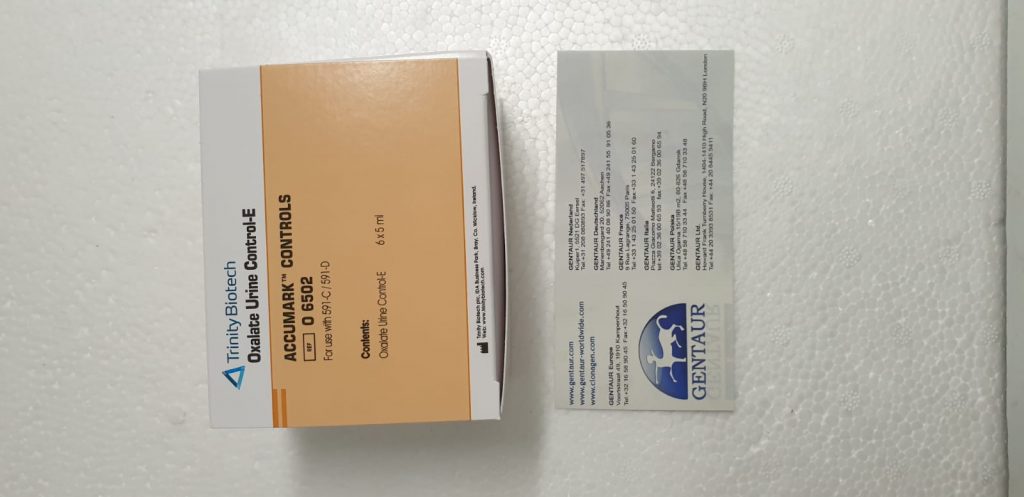PC Richard Conventional 96-well ELISA kit
A total of 291 samples collected from symptomatic and asymptomatic patients confirmed by RT-PCR were used to evaluate the performance of ELISA kits (EDI, AnshLabs, DiaPro, NovaLisa and Lionex). Sensitivity was measured at three different time intervals after symptom onset or positive RT-PCR test for SARS-CoV-2 (≤14, 14-30, >30 days). Specificity was investigated using 119 pre-pandemic serum samples.
The sensitivity of all IgM kits gradually decreased over time, from 48.7% (EDI)-66.4% (Lionex) to ≤14 days, 29.1% (NovaLisa)-61.8% (Lionex) at 14-30 days and 6.0% (AnshLabs)-47.9% (Lionex) at >30 days. The sensitivity of the IgG kits increased over time, peaking at the last interval (>30 days) at 96.6% (Lionex). IgM specificity ranged from 88.2% (Lionex) to 99.2% (EDI), while IgG ranged from 75.6% (DiaPro) to 98.3% (Lionex).
Among all RT-PCR positive patients, 23 samples (7.9%) were seronegative with all IgG kits, of which only seven samples (30.4%) had detectable IgM antibodies. IgM assays have variable and low sensitivity and are therefore considered a poor marker for the diagnosis of COVID-19. IgG assays can miss at least 8% of RT-PCR positive cases.

In this work, a fully integrated active microfluidic device that transforms a conventional 96-well kit into a point-of-care test (POCT) device was implemented to improve the performance of traditional enzyme-linked immunosorbent assay (ELISA). ELISA testing by the conventional method often requires the collection of 96 samples for its operation, as well as a longer incubation time from hours to overnight, while our proposed device performs ELISA immediately by individualizing 96 wells for individual patients.
To do this, an on-chip disposable, programmable pump and valve were integrated into the device for precise control and actuation of microfluidic reagents, regulating reaction time and reagent volume to support optimized ELISA protocols. Thanks to the on-chip integrated pump and valve, ELISA could be executed with reduced reagent consumption and shortened assay time, which are crucial for conventional ELISA using 96-well microplate.
To demonstrate highly sensitive detection and user-friendly operation, this unconventional device was successfully applied for the quantification of cardiac troponin I (cTnI) of 4.88 pg/mL using a minimum sample volume of 30 µL with a time trial shorter than 15 min. for each ELISA step. The limit of detection (LOD) thus obtained was significantly improved over the conventional 96-well platform.
